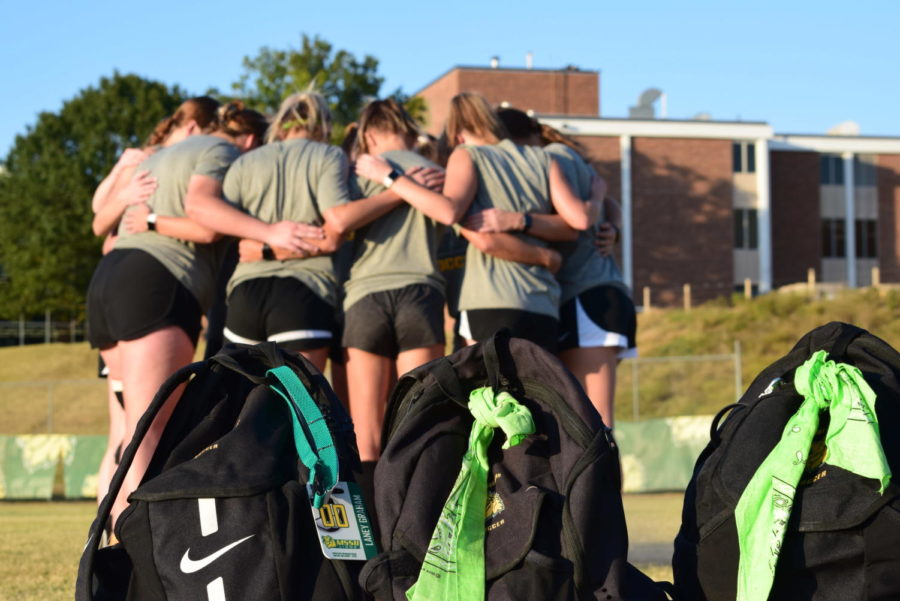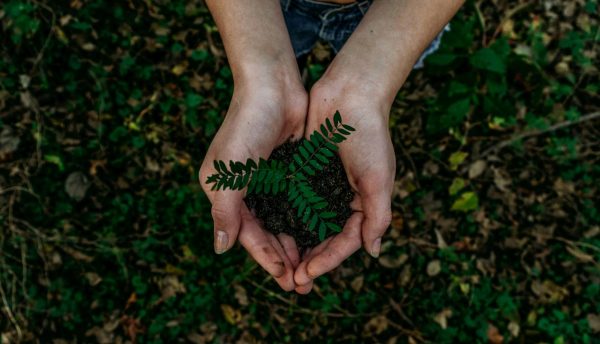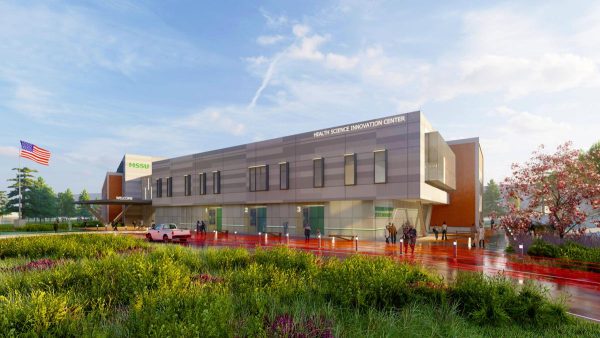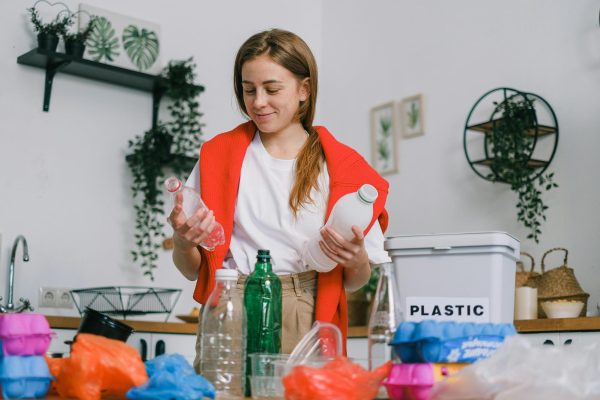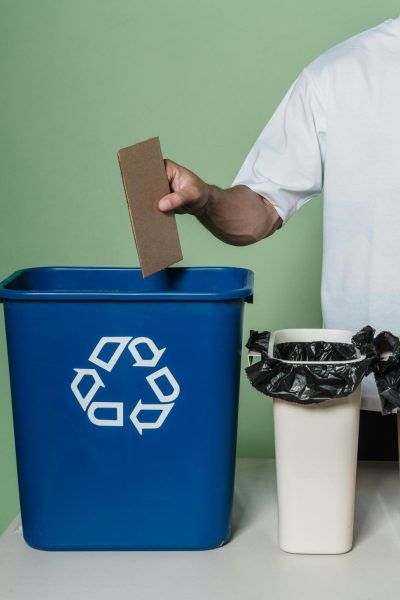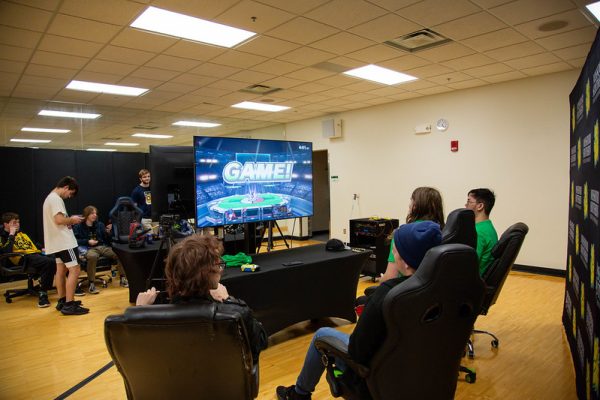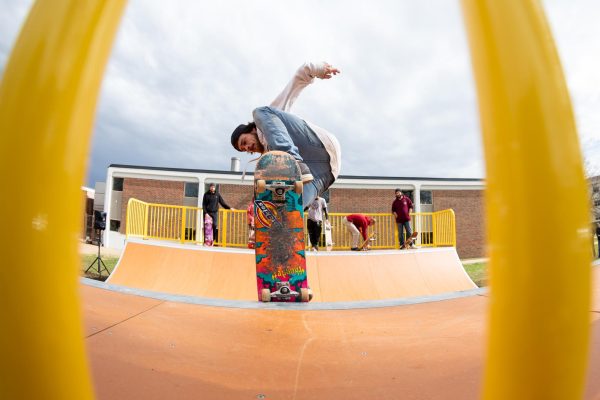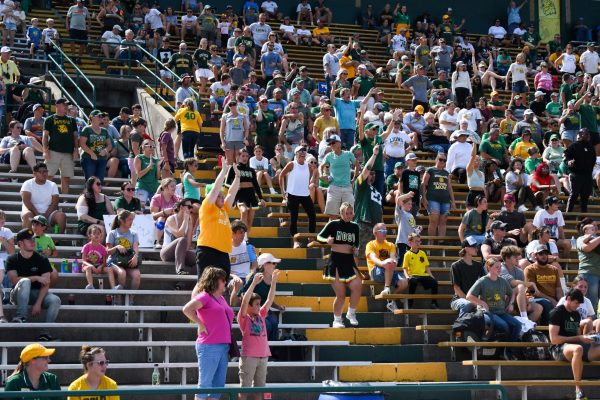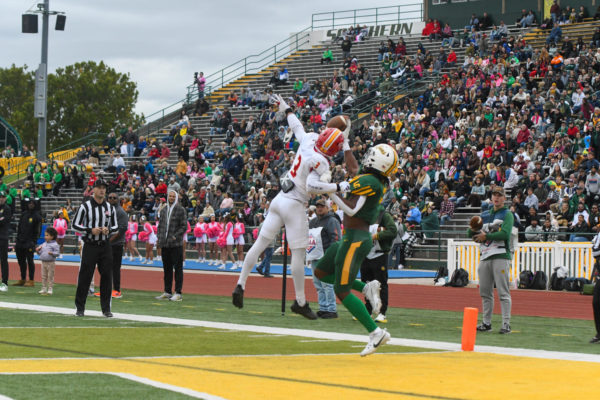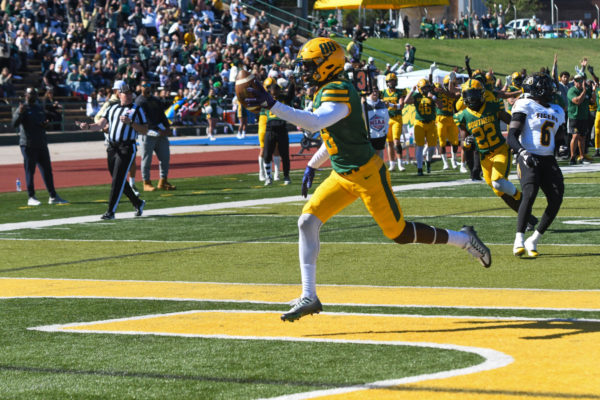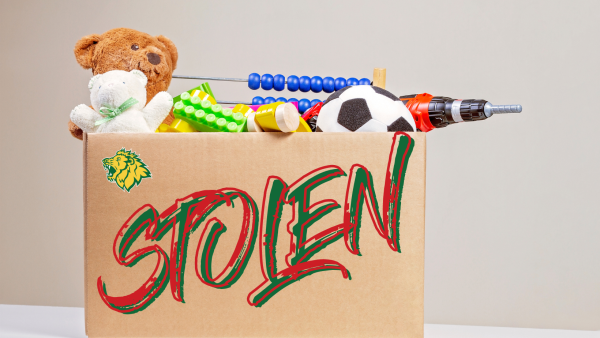Leading on, off the field: Bandana Project provides mental health support
After practice, members of the women’s soccer team huddle on Oct. 6, 2022. Senior Riley Lever, SAAC President, initiated the adoption process of The Bandana Project on MSSU’s campus for all students.
As a freshman, Riley Laver made 12 starts for the Missouri Southern women’s soccer team. From the outside looking in, it would appear everything was going great.
But for Laver, who was miles away from home, moving from California to Joplin led to a freshman year dealing with turbulent times.
“I came all of the way here and did not have any support system,” Laver said. “I was very much dealing with anxiety and a lot of depression, just from the whole culture change.”
I was very much dealing with anxiety and a lot of depression, just from the whole culture change. — Riley Laver
Laver, as a freshman, made it on the MIAA transfer and First year Academic Honor Roll, along with playing a sport.
“When you get into college, that’s when it (sports) stops feeling like you’re just playing the game. It’s your job now. And when we make something such a high priority, it’s just human nature to not want to do it anymore,” Laver said.
Like other athletes dealing with depression and anxiety, Laver felt alone. This was not helped when a coach, who is no longer with the university, was unsupportive.
“He basically told me that I should leave, that I’m negative and that I’m uncoachable,” Laver said. “That was kind of my breaking point. I was like, ‘I need to get out here. I need to leave.’”
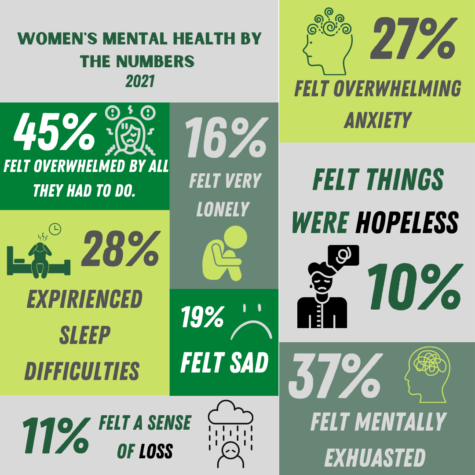
Laver, who is now a senior, brought the bandana project to MSSU in 2022 and also was the recipient of the Al Cade Beacon of Hope service award winner in 2022, which is awarded to the MSSU student who demonstrates extraordinary dedication, demonstrating superior leadership and exceptional service by volunteering on or off campus, but as a freshman, Laver didn’t know where to go for help.
“I didn’t know who our counselors were. I didn’t know if I could talk to my other coaches. I didn’t know if I could talk to the directors,” Laver said.
Laver was not the only one on her team. She later found out that members of her team were going through something similar.
“[A couple of years ago] we had a couple of girls on our team attempt to commit suicide, that was shocking to me because it was at the same time that I was feeling depressed and alone,” Laver said. “They felt so alone that they thought about ending their own life.”
In a survey conducted by the NCAA in 2021 Division II athletes, 64% of men and 68% of women, reported they don’t know where to go on campus for mental health support.
According to the NCAA, rates of mental exhaustion, anxiety and depression remain 1.5 to two times higher than pre-pandemic levels.
I really thought that I was just on my own. — Riley Laver
Former Missouri Southern standout baseball player Tommy Stevenson felt some of the same effects as well. Stevenson, who played at MSSU 2020-2022, holds multiple records, including ABCA 2nd team All-Central Region Catcher and 2nd Team All-MIAA Catcher of the year in 2022.
“I’ll be honest, the last two years [I played were] really tough on me,” Stevenson said.
Stevenson dealt with some of the same pressures as Laver.
In 2017, the NCAA created a task force on mental health, and though it updated its best practices in 2020, critics said the organization has not done enough to prioritize athletes’ mental health when it comes into conflict with issues such as practice time, coaching and compensation.
Laver was selected as the 2022-2023 President of MSSU’s Student-Athletic Advisory Committee. Because of her and her team’s experiences, Laver was inspired to establish The Bandana Project at Missouri Southern.
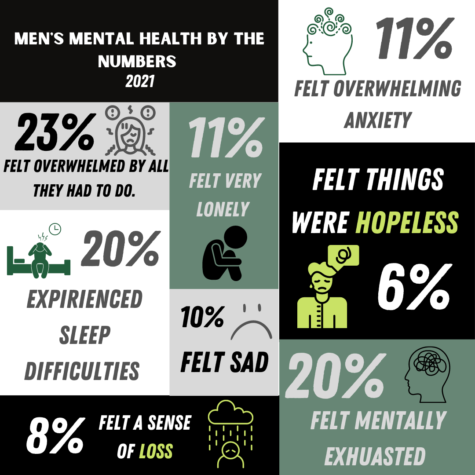
“I heard about The Bandana Project at a national SAAC convention,” Laver said. “I know that if this was around when I was a freshman it would have changed a lot.”
Currently, students or staff can complete the training and qualify as a representative by displaying a green bandana, such as tied to a backpack so it is visible. This allows students to de-stigmatize the topic and allow for a more open environment to help students.
To become a Green Bandana advocate, students or staff will watch a video and complete a training. Topics discussed are how to help solve problems or where to direct someone, or simply how to stay in touch.
“Athletes have been supporting athletes,” Laver said.
SAAC’s goal for this program is to increase awareness and help support athletes and students alike.
“I would really love to see bandanas everywhere, because that just helps reduce the whole stigma behind talking about mental health,” Laver said. “It’s always been a hush-hush, like ‘you’re fine, you’re tough, you’re going to handle it kind of thing.’”
Your donation will support the student journalists of Missouri Southern State University. Your contribution will allow us to purchase equipment and cover our annual website hosting costs.



















